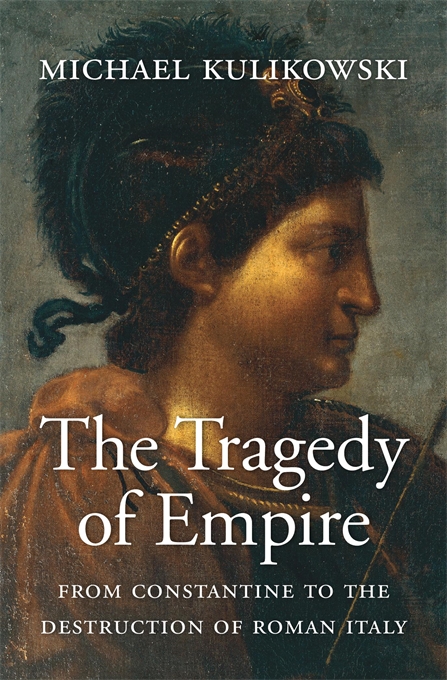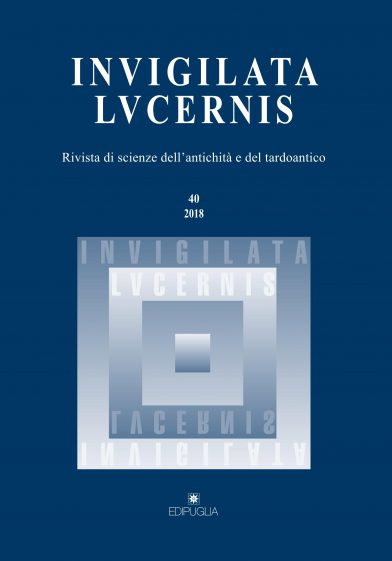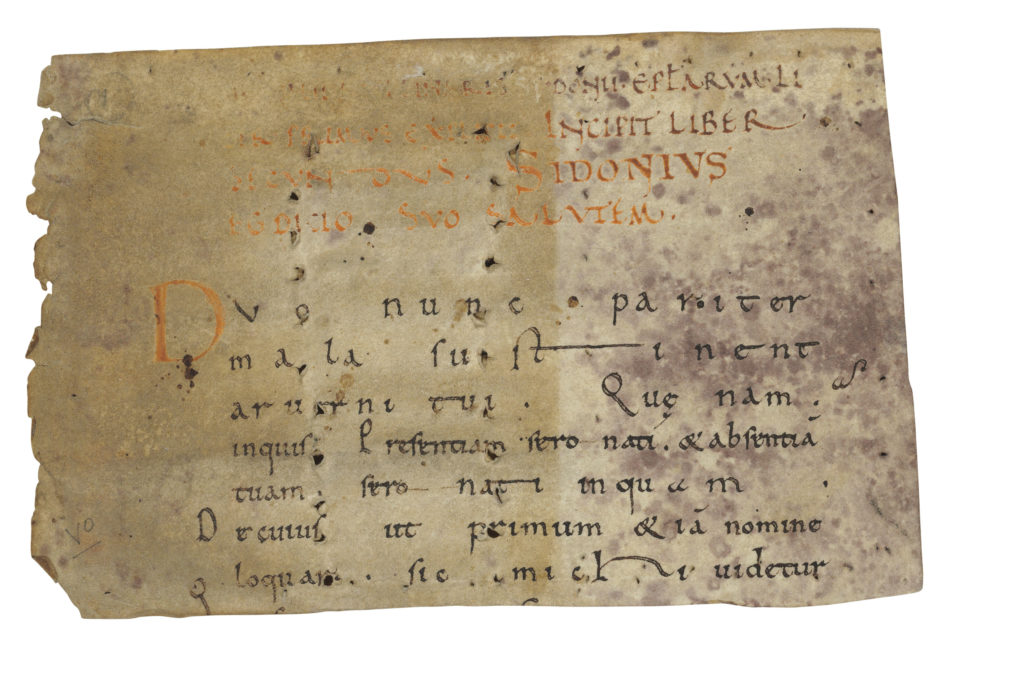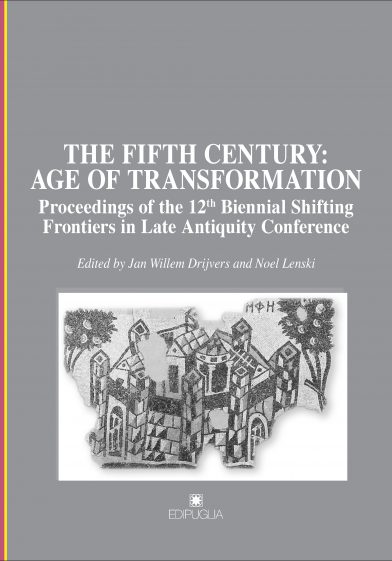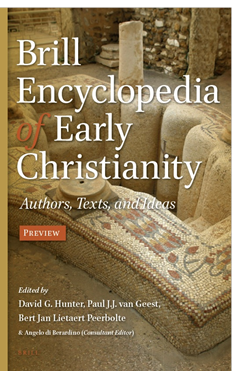New on the Translations and Reception/Germany pages: entries on Karl Wolfskehl. The Jewish poet and translator Karl Wolfskehl (1869-1948), in the last decades of his life a refugee from Nazi Germany, first in Italy, then in New Zealand, extensively read and admired Sidonius’ work. An aestheticist in the tradition of Stefan George, he was sensitive to Sidonius’ particular style while his plight as an exile created a feeling of shared fates with Sidonius and his time “of festering and pregnant doom”.



